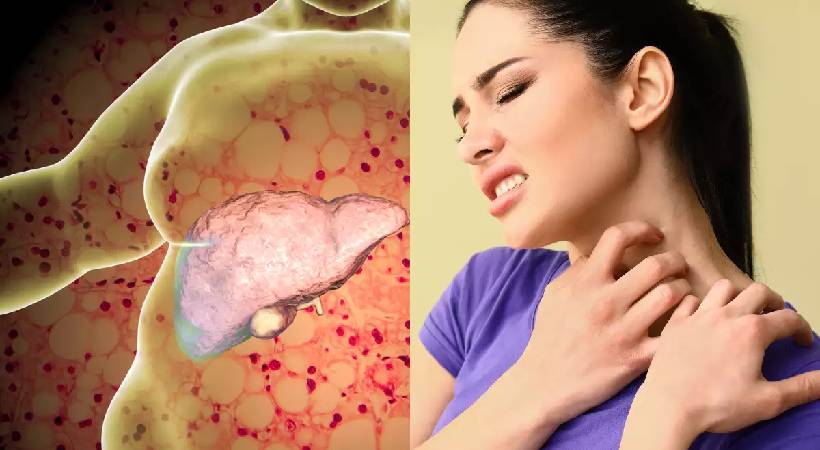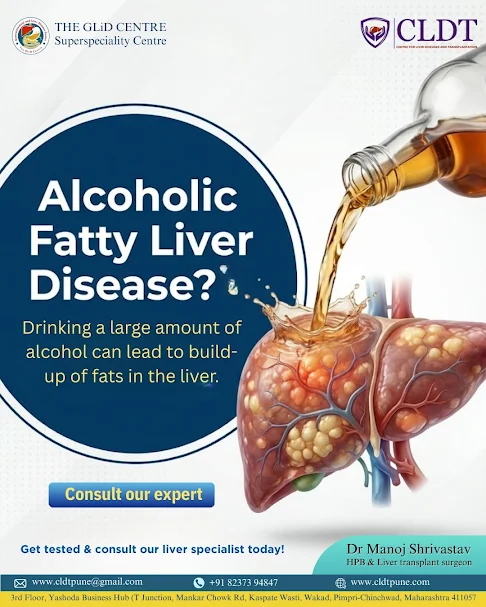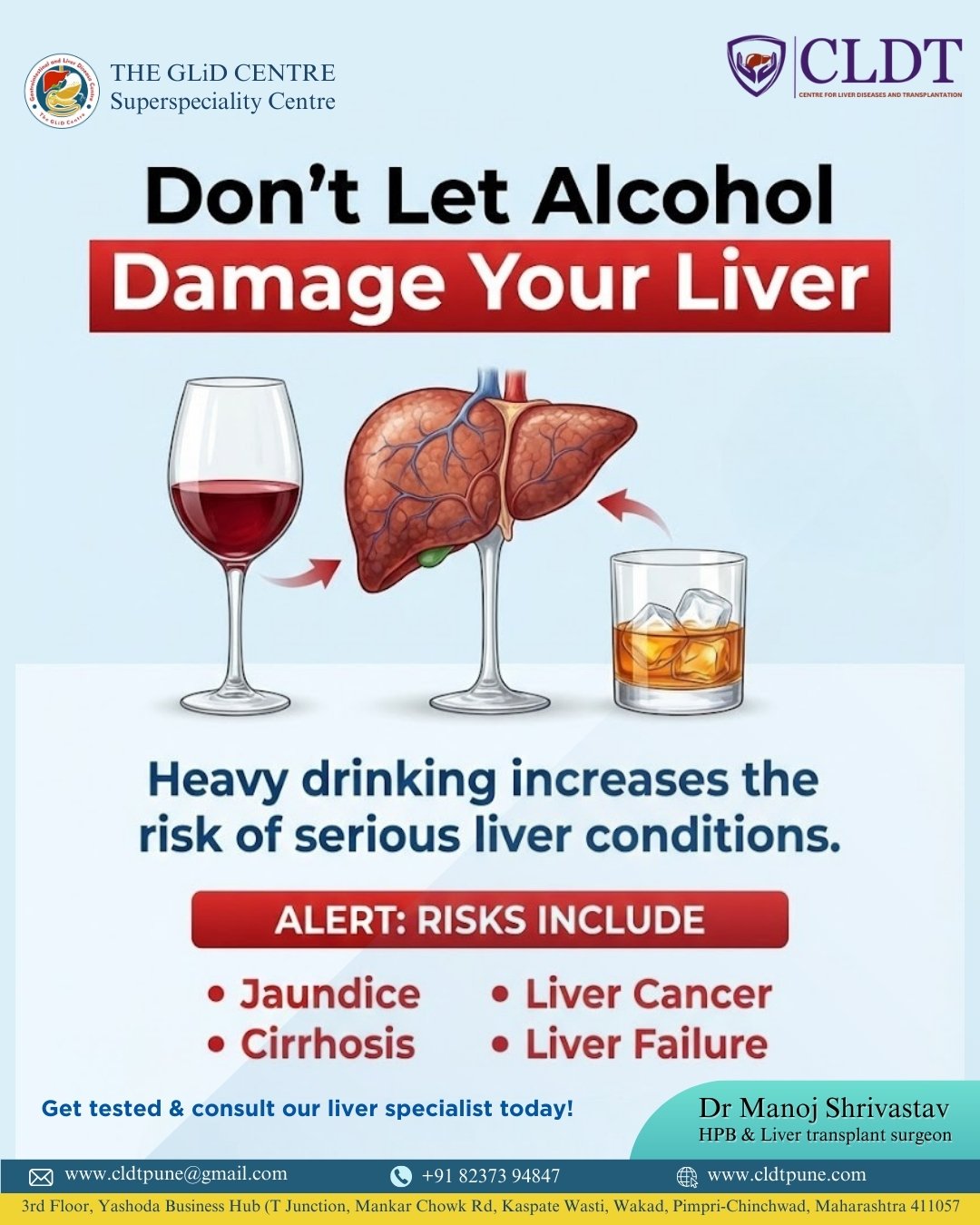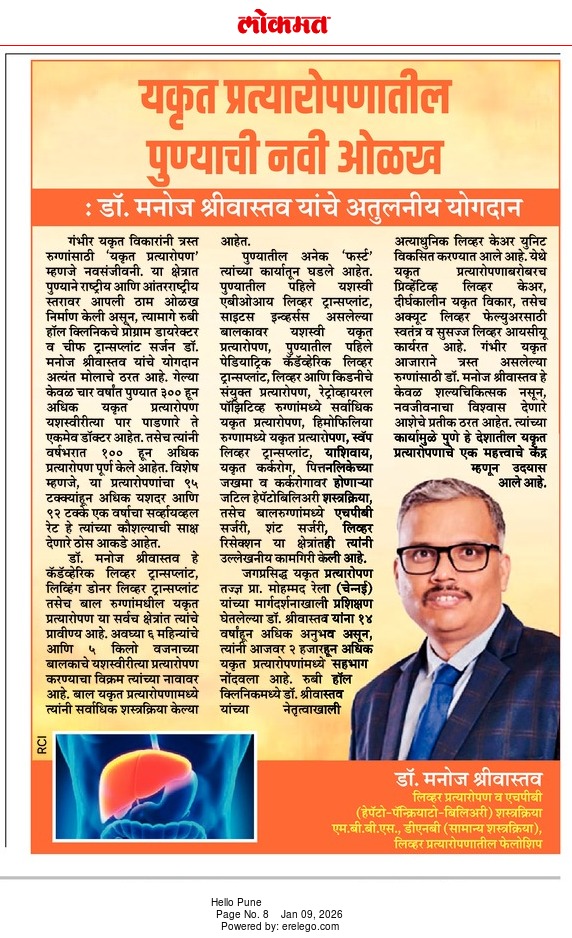Your liver is one of the most vital and hardworking...

Fatty liver, medically known as hepatic steatosis, is a condition characterized by the accumulation of fat in liver cells. While it’s normal to have some fat in the liver, when it exceeds 5-10% of the liver’s weight, it’s considered fatty liver disease. This condition can be benign or progress to more severe forms, such as non-alcoholic fatty liver disease (NAFLD) and non-alcoholic steatohepatitis (NASH), which can lead to liver inflammation, scarring (cirrhosis), and even liver failure. Understanding the causes, symptoms, and management of fatty liver is crucial for prevention and treatment.
Causes of Fatty Liver:
- Obesity and Poor Diet: Excessive consumption of high-calorie, high-fat foods coupled with a sedentary lifestyle can lead to obesity, a major risk factor for fatty liver.
- Type 2 Diabetes and Insulin Resistance: Insulin resistance, common in type 2 diabetes, can lead to fat accumulation in the liver.
- High Blood Triglycerides: Elevated levels of triglycerides in the blood can increase the risk of fatty liver.
- Metabolic Syndrome: A cluster of conditions including high blood pressure, high blood sugar, excess body fat around the waist, and abnormal cholesterol or triglyceride levels, often accompanies fatty liver.
- Alcohol Consumption: Excessive alcohol intake is a well-known cause of fatty liver, known as alcoholic fatty liver disease.
- Medications: Certain medications, such as corticosteroids, tamoxifen, and methotrexate, can contribute to fat accumulation in the liver.
- Genetics: Some genetic factors predispose individuals to fatty liver disease.
Symptoms of Fatty Liver:
Fatty liver is often asymptomatic in its early stages. However, as the condition progresses, individuals may experience:
- Fatigue
- Weakness
- Abdominal discomfort or pain, particularly in the upper right side
- Enlarged liver
- Elevated liver enzymes in blood tests
- Jaundice (yellowing of the skin and eyes) in severe cases
Diagnosis:
Fatty liver is often diagnosed incidentally during tests for other conditions or through routine check-ups. Diagnostic tests may include:
- Blood Tests: Liver function tests to assess liver enzyme levels.
- Imaging Studies: Ultrasound, computed tomography (CT), or magnetic resonance imaging (MRI) can visualize the liver and determine the presence of fat.
- Liver Biopsy: In some cases, a liver biopsy may be performed to confirm the diagnosis and assess the severity of liver damage.
Management and Treatment:
The management of fatty liver disease focuses on lifestyle modifications and addressing underlying conditions:
- Weight Loss: Gradual weight loss through a combination of diet and exercise is often recommended to reduce fat in the liver.
- Healthy Diet: A balanced diet low in saturated fats, sugars, and refined carbohydrates and high in fruits, vegetables, and whole grains can help manage fatty liver.
- Regular Exercise: Regular physical activity can aid in weight loss, improve insulin sensitivity, and reduce liver fat.
- Control of Diabetes and Lipid Levels: Proper management of diabetes, high blood pressure, and high cholesterol levels is essential.
- Limit Alcohol Consumption: For individuals with alcoholic fatty liver disease, abstaining from alcohol is crucial.
- Medications: In some cases, medications may be prescribed to manage underlying conditions or reduce liver inflammation and scarring.
- Monitoring and Follow-up: Regular monitoring of liver function and imaging studies is important to track disease progression and response to treatment.
Conclusion:
Fatty liver is a common condition that can range from benign to potentially life-threatening. While it often presents without symptoms, it requires attention and management to prevent complications. Lifestyle modifications, including weight loss, healthy diet, and regular exercise, play a central role in managing fatty liver disease. Early diagnosis and intervention are key to preventing progression to more severe liver conditions. If you’re concerned about your liver health, consult with a healthcare professional for proper evaluation and guidance.
Real Patients, Real Stories
Liver Transplant and Biliary Sciences Blogs
Understanding Alcoholic Fatty Liver Disease (AFLD)
By Dr. Manoj Shrivastav — Liver Specialist, Pune The liver...
Liver Damage Due to Alcohol: Causes, Risks,
Alcohol consumption has become a common part of modern lifestyles....
Pune’s New Identity in Liver Transplantation :
यकृत प्रत्यारोपणातील पुण्याची नवी ओळख : डॉ. मनोज श्रीवास्तव यांचे...





